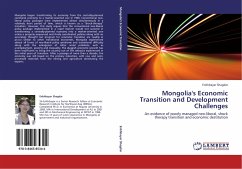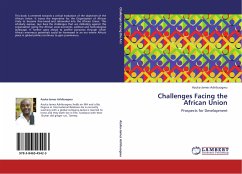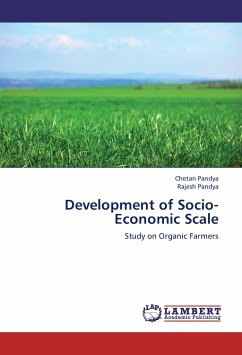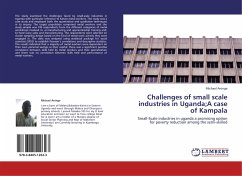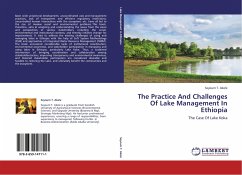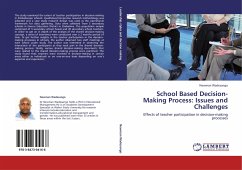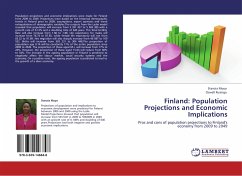Mongolia began transforming its economy from the centrally-planned command economy to a market-oriented one in 1990. Conventional neo-liberal policy packages were implemented almost simultaneously in a relatively short period of time, which is known as a shock-therapy transition. However, this study argues that the conventional neo-liberal policy package implemented in a rapid manner would not succeed in transforming a centrally-planned economy into a market-oriented one unless a properly sequenced and firmly coordinated policies along with an accurately thought out program for economic transition are readily in place. Similar to other transitional economies, Mongolia experienced almost all forms of neo-liberal policy syndrome and transitional difficulty along with the emergence of other social problems, such as unemployment, poverty and inequality. The sluggish economic growth has been insufficient to bring the country out of the setbacks experienced in the initial years of transition. After a passage of more than a decade, the economy was still based on the primary industries, with raw and semi-processed materials from the mining and agriculture dominating the exports.
Bitte wählen Sie Ihr Anliegen aus.
Rechnungen
Retourenschein anfordern
Bestellstatus
Storno

